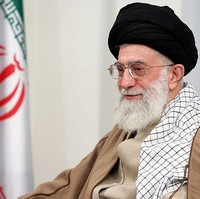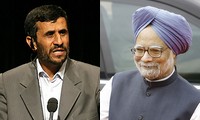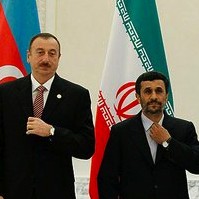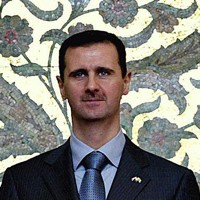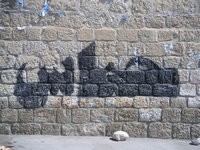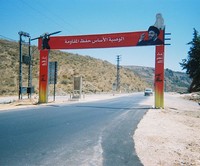
As Israel contemplates military action to retard the development of Iran’s nuclear program, U.S. and Arab policymakers are trying to determine the second- and third-order effects that such a strike would have on the region. A recent exercise by U.S. Central Command has raised concerns among U.S. policymakers that an Israeli strike on Iran would do serious damage to U.S. interests in the region in particular, but analysts must remain humble about what we can really know with certainty about such contingencies. Both Iranian and Israeli intentions are unclear, and the United States and its allies have remarkably poor political […]


